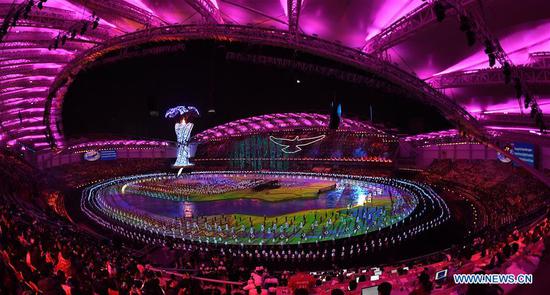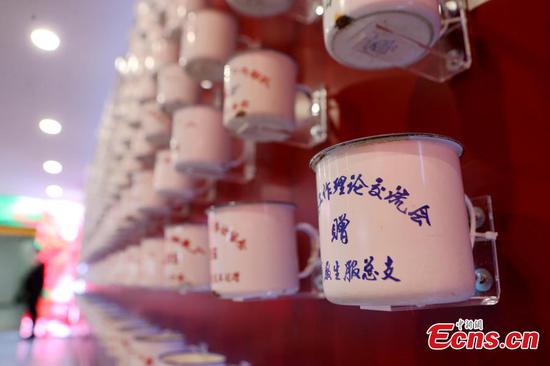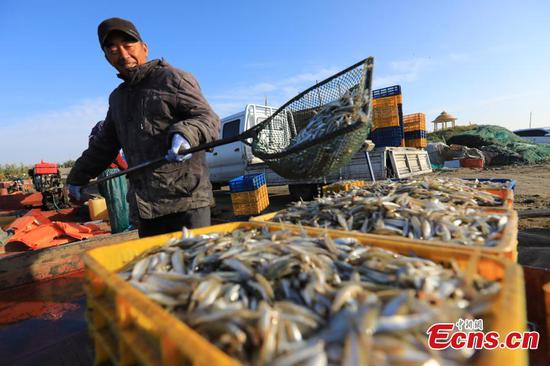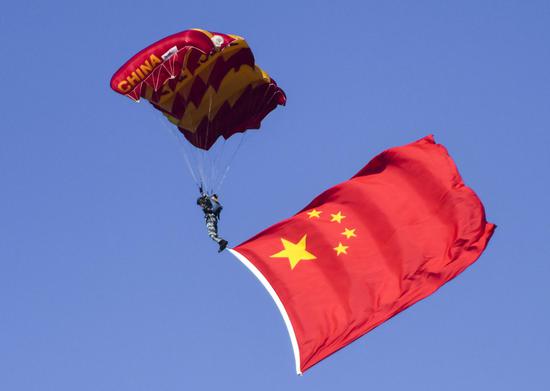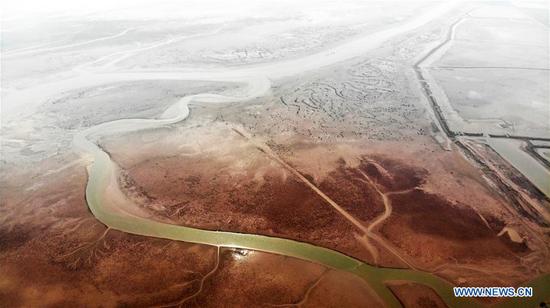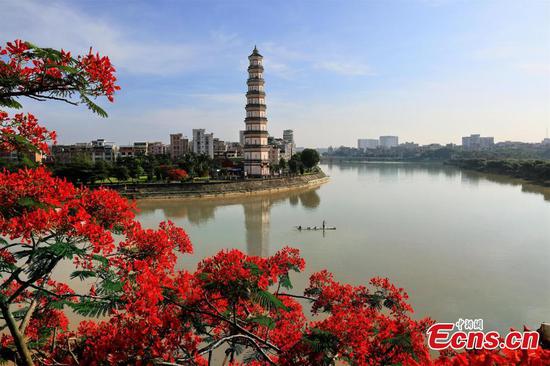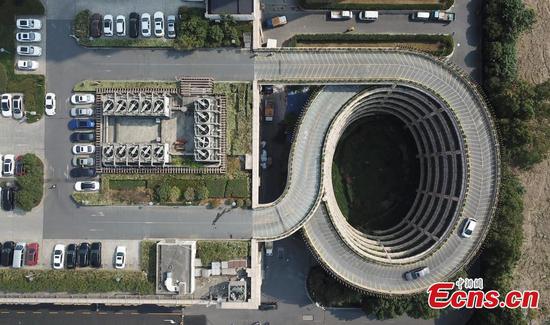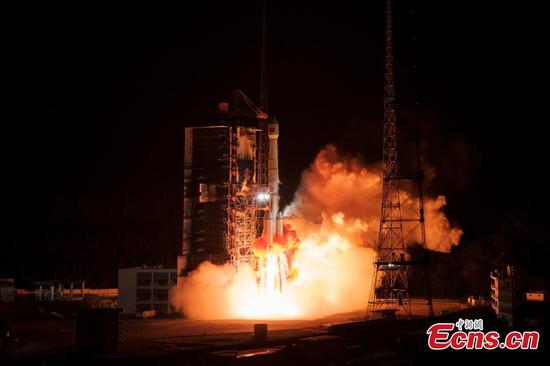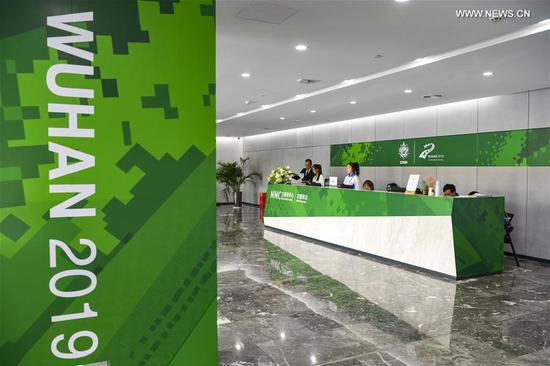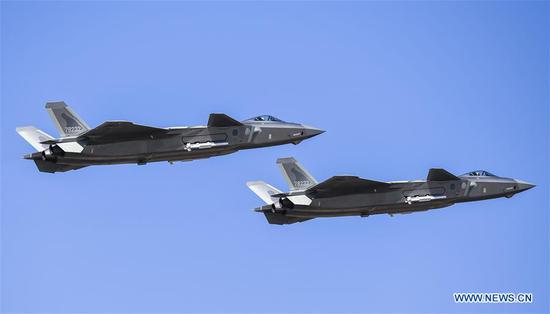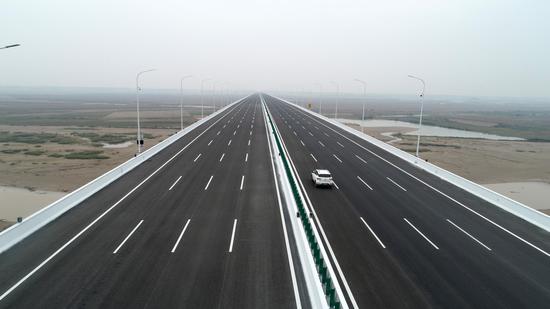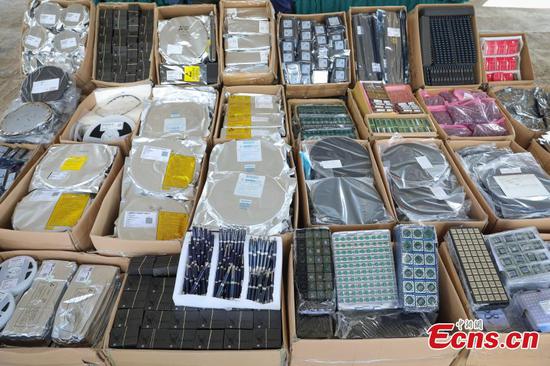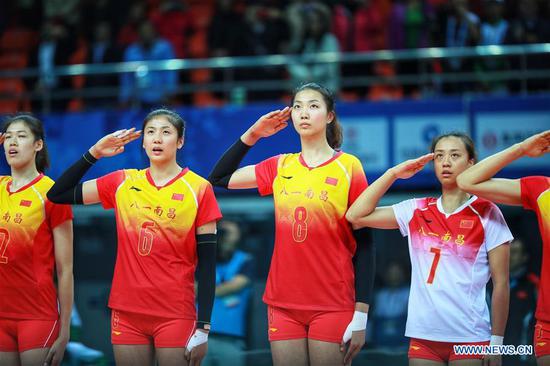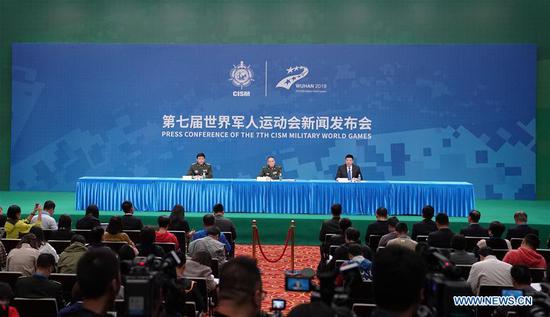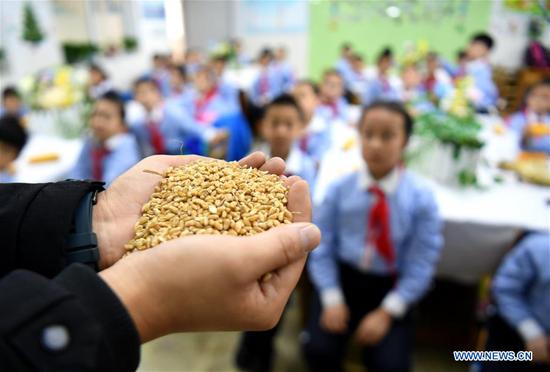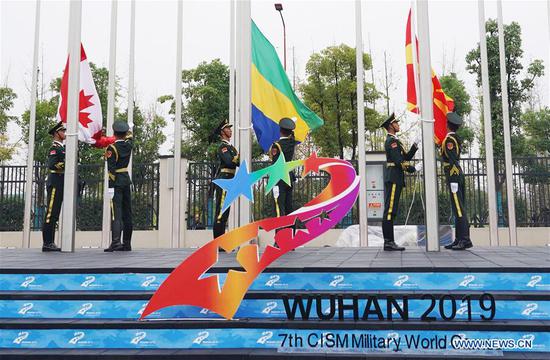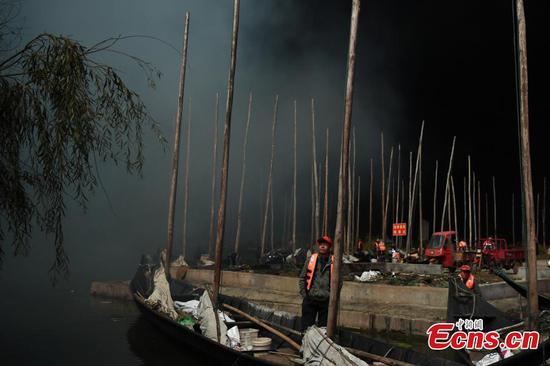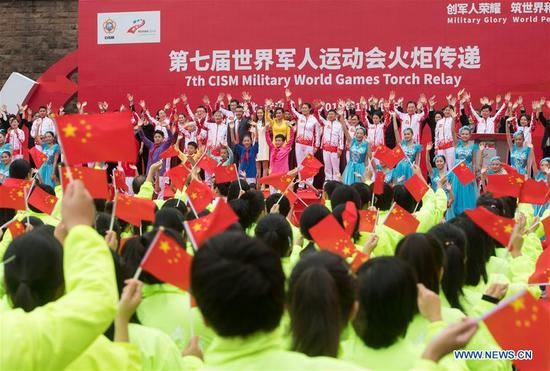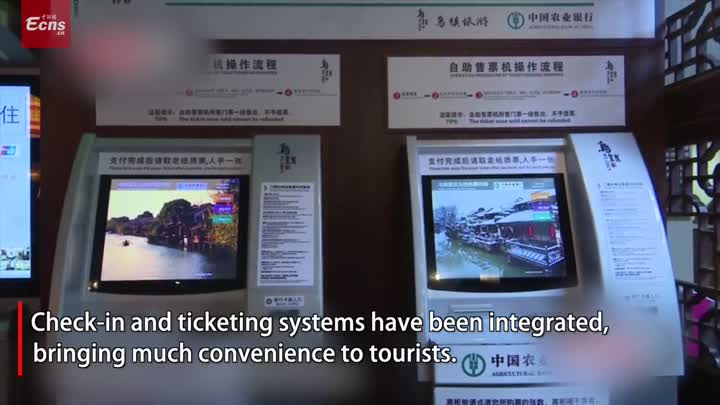Letter to conference notes unfolding technological, scientific revolution
As the internet celebrates its 50th year, President Xi Jinping is encouraging countries to promote global governance in cyberspace and strive to build a community with a shared future.
It is the joint responsibility of the international community to "develop, use and govern" the internet well, so that it can better benefit mankind, Xi said in a congratulatory letter to the sixth World Internet Conference, which opened in Wuzhen, Zhejiang province, on Sunday.
Xi said in the letter that the internet — one of the greatest inventions of the 20th century — has profoundly changed people's way of life and productivity.
Because of the internet, a new scientific and technological revolution and industrial transformation is accelerating, and new technologies, new applications and new forms of business, such as artificial intelligence, big data and the internet of things, are beginning to unfold, he said, adding that the internet has ushered in new momentum and broader space for development.
"The theme of the conference — 'Intelligent Interconnection for Openness and Cooperation: Building a Community with a Shared Future in Cyberspace' — is very meaningful," Xi said in the letter. He encouraged attendees to exchange ideas, share experiences, build consensus and deepen cooperation.
Countries should follow the trend of the times, shoulder responsibility for development, meet challenges and risks, jointly promote global governance in cyberspace and strive to build a community with a shared future in cyberspace, he said.
China will further promote open cooperation in the internet field by enriching its connotations and raising the level of openness, said Huang Kunming, a member of the Political Bureau of the Communist Party of China Central Committee and head of the Publicity Department of the CPC Central Committee, in the keynote speech at the opening ceremony of the conference.
"China will treat domestic and foreign enterprises on an equal basis, welcome and encourage all types of enterprises to compete in a fair manner and fully protect their rights and interests," Huang said.
He also pointed to a need for new momentum to foster economic growth, enable cyberspace to gain more security support, find consensus on governance and turn cyberspace into an innovative and dynamic sphere that stands to serve as an intersection for civilizations.
The Chinese internet is innovative and service-oriented, said Denis Depoux, managing director of global consultancy Roland Berger in China.
"President Xi is highlighting the next wave of internet integration with the real economy: the industrial internet," Depoux said of the speech. "Associated with the need for a fourth industrial revolution in China, we can expect another round of unique innovation."
At a crucial moment when cyberspace governance globally is facing transition and adjustment, China is contributing to new solutions and bringing Chinese wisdom to the world through such channels as the conference in Wuzhen, said Shen Yi, director of the Research Center of Cyberspace Governance at Fudan University.
"President Xi's congratulatory letter embodies the core of China's solutions — to serve the people and ensure the development of internet services," Shen said.
As the country boasting the most internet users, China is not only a strong supporter of international cooperation but also stands at the global frontier of internet technologies, said Liu Zhenming, undersecretary-general for economic and social affairs of the United Nations.
He said the conference in Wu-zhen and related forums can play "complementary roles" as platforms for discussion on openness and cooperation, and as "test beds" for new policy options to distinguish "the good and the evil" of the internet.









